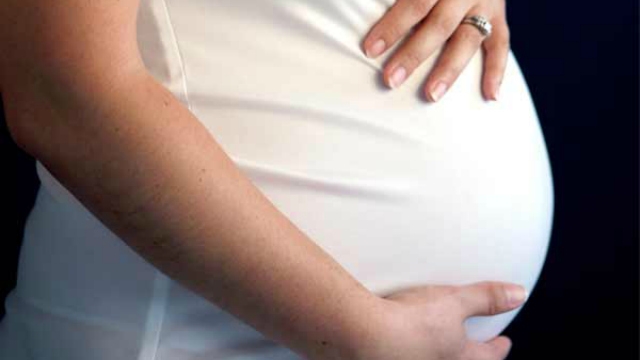Mothers-to-be, take note! Even before you become pregnant, your stress physiology may predict a lower-birthweight baby, a new study suggests.
Most people have a high level of cortisol - a hormone the body releases in response to stressful events - when they get out of bed in the morning, and that level declines throughout the day, said researchers from University of California (UCLA) in the US. In some people, however, cortisol levels are low in the morning and decrease by a smaller-than-normal amount during the day. This pattern has been associated with progression of a variety of diseases, including atherosclerosis and cancer, as well as chronic stress and a history of trauma, they said.
The new study analysed 142 women who were participating in a larger study that was conducted by the Community Child Health Network, which looked at how chronic stress affects new parents and their babies. Researchers found that the women were likelier to give birth to lower-weight babies. It is the first evidence that maternal cortisol patterns before conception influence the weight of the baby, they said. "We found that the same cortisol pattern that has been linked with chronic stress is associated with delivering a baby that weighs less at birth," said Christine Guardino from UCLA.
Low birth weight babies (less than 2.5 kilogrammes) have a higher-than-normal risk for infant mortality developmental and for health abnormalities throughout their lives, including cardiovascular and metabolic disorders, researchers said. They looked at families in US beginning a month after the birth of a child, and again when the child was 6, 12 and 18 months old.
Women's cortisol levels typically increase by two to four times during a normal pregnancy, and that increase plays an important role in a baby's growth and development, researchers said. But when cortisol levels are elevated beyond that range, the effects can be both immediate - because elevated cortisol levels reduce blood flow to the foetus - and longer-lasting - influencing the child's response to stress later in life, they said.
Elevated maternal cortisol reduces blood flow to the foetus, which deprives the foetus of oxygen and nutrients.
Previous studies have shown the importance of stress hormones during pregnancy for foetal growth and development, but the new study provides the first evidence that the mother's stress physiology before she even conceives is also important. It suggests that a woman's health and life circumstances before her pregnancy, especially chronic stress, matter greatly, researchers said. "Women should treat depression, evaluate and treat stress, be sure they are in a healthy relationship, be physically active, stop smoking and gather family support," said Chris Dunkel Schetter from UCLA.

No comments:
Post a Comment